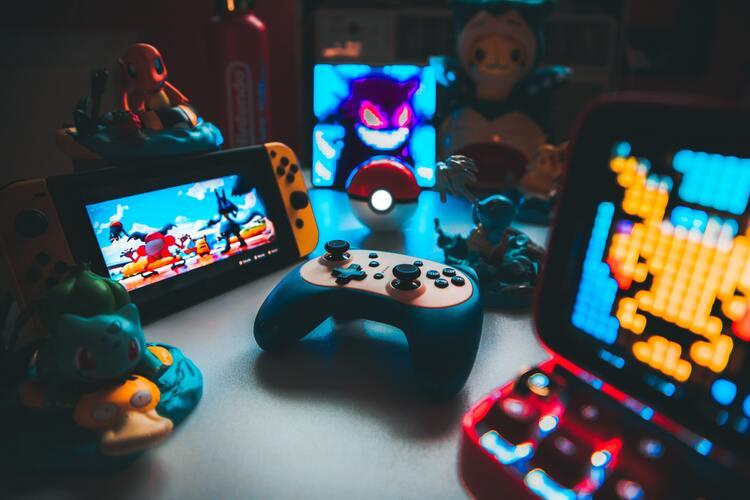

Michael Caine
Oceanside High School, New YorkClass of 2023Oceanside, New York
About
Projects
- Do video games improve the symptoms of Tourette’s Syndrome? with mentor Natalya (May 21, 2023)
Michael's Symposium Presentation
Project Portfolio
Do video games improve the symptoms of Tourette’s Syndrome?
Started Apr. 21, 2022

Abstract or project description
Tourette’s Syndrome (TS) is a neurological disorder, primarily characterized by tics: rapid, repetitive, and unwanted sounds and movements (Billnitzer and Jankovic). Although the severity of tics typically declines with age, the stress that accompanies those with TS during their adolescence tends to hinder their social interaction and self-confidence; thus managing TS and its symptoms is still of interest to affected patients. Though researchers determined that pharmaceutical treatments are the most effective remedies, limited knowledge regarding the exact neurological origin and connections of TS as well as pharmacological side effects diminish the efficacy of these medications. Comprehensive Behavioral Intervention for Tics (CBIT) has also proven to be an effective treatment for decreasing the expression of tics (Billnitzer and Jankovic). Essentially, CBIT is a form of therapy that teaches patients with tics how to become more aware of their tics and, as a result, learn strategies regarding how to prevent them; it involves teaching patients how to become aware of their tics and reduce the urge to perform their tics (Billnitzer and Jankovic). Through increasing their consciousness of ticing, patients would theoretically be less prone to ticing. Learning these strategies and coupling them with relaxation techniques would likely be the most effective non-pharmaceutical method for dealing with TS. However, CBIT has also not been widely studied, so the long-term implications remain unknown. In accordance with the use of CBIT, this research finds that it is possible that video gaming—which may be used as a form of relaxation therapy—may aid in the reduction of tics for those with TS.